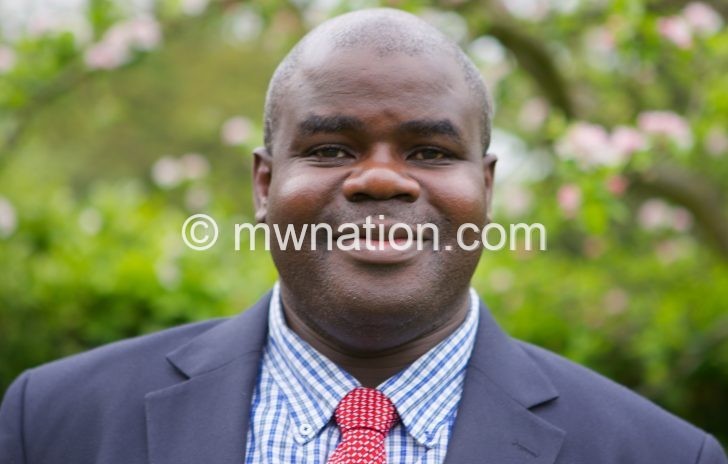In unelected rulers we trust
A study by the Department of Administrative and Political Studies at Chancellor College shows that nine in 10 Malawians trust chiefs more than elected officials. JAMES CHAVULA caught up with political analyst Dr Boniface Dulani, one of the researchers, to unbundle this paradox of chieftaincy.
Why should politicians be worried about recent findings that Malawians trust chiefs more than elected leaders?

The political leaders are there on the ground. People know them. They see them all the time and despite being corrupt as people are labelling them, they also see the other side of the things that they can do. If you are a politician, they think you are corrupt. But you are there trying to also show them there is something at least I am also good at.
That’s a tight spot, isn’t it?
Inevitably, in that case, it is like a choice between two devils. They would rather choose the devil that is closer to them-one that sometimes does positive things for them. But it is also a sad thing for our elected leaders that they do have this kind of trust among the citizens because you would think that these are the people that elected them and one should earn their trust.
What might have led to this scenario?
It seems that once our leaders are elected they really stop to care about the people. Now the people are telling them: “Well, we don’t trust you anymore.”
What does this mean on their political careers?
Come next election, we might see a high turnover. This might explain why as a country we have a very high turnover rate, which deprives our democratic institution of the experienced brains that they need to grow and serve people effectively.
But at the same time people are saying that chiefs are also as corrupt as politicians, but we trust these corrupt traditional leaders. What does this say about our society?
This is something that we really need to do more work on and explain about. Today, I can think that Chief James you are corrupt. But tomorrow you might also give me a coupon [for subsidised farm inputs] or you might still bail me out of hunger by saying, “here, there are four bags of maize, at least I will let you share one and I will keep the remaining three.” So, the chiefs are positioned in such a way that they can be corrupt and also demonstrate a positive side of their existence. If you are a politician, you do not have that. People just see you as being corrupt, selfish and retaining all the proceeds of corruption.
Now we know that chiefs still enjoy support among the masses and that people think they are relevant despite being corrupt and politically compromised. Is there anything you can do to make sure they do their job rightly?
Yes. If you look at the findings, of course, people have confidence in chiefs and they say that they are relevant and they should stay. It is quite a problematic scenario in a democratic context because it does undermine democratic institutions and elected duty bearers. I will give you an example. Chiefs preside over disputes in our communities, but the government also does have a judicial system-with learned personnel- that is supposed to resolve disputes. Now, if you live in a really remote place that is far from anything, the people should be demanding their government to provide services, including judicial services. But because there is a chief who can also resolve their disputes, they will not put pressure on government. They are convinced that they have a substitute for the State at that local level. They will just go to the chief ask him or her to resolve their disputes. So, these kinds of things will make them ignore their right to quality services. The kind of justice that is dispersed by the traditional leaders is not what one would consider justice in a competent court of law. If you are accused, you give something to the chief. If you also go to complain you have to give something to the chief. It is not really our modern conceptualisation of justice. It might be perpetuating these kinds of undemocratic values among people to a point that we might not develop full democratic attitudes.
Are Malawians getting a fair deal from the chiefs they trust?
Obviously they are. As much as I would say they are not, but the politicians are being termed as doing a bad job and not really representing the people as much as chiefs do. One would think that if the chiefs were not delivering as well, people will also be honest enough and tell us that they are not delivering.
Were the respondents not just trying to please you?
I do not think the people are telling us what we want to hear. I do a lot of these surveys and I know that if people want to tell us that President Peter Mutharika is doing a bad job, they will tell us so. Even if they think we are sent by government. I think Malawians are much more intelligent than we give them credit for.





